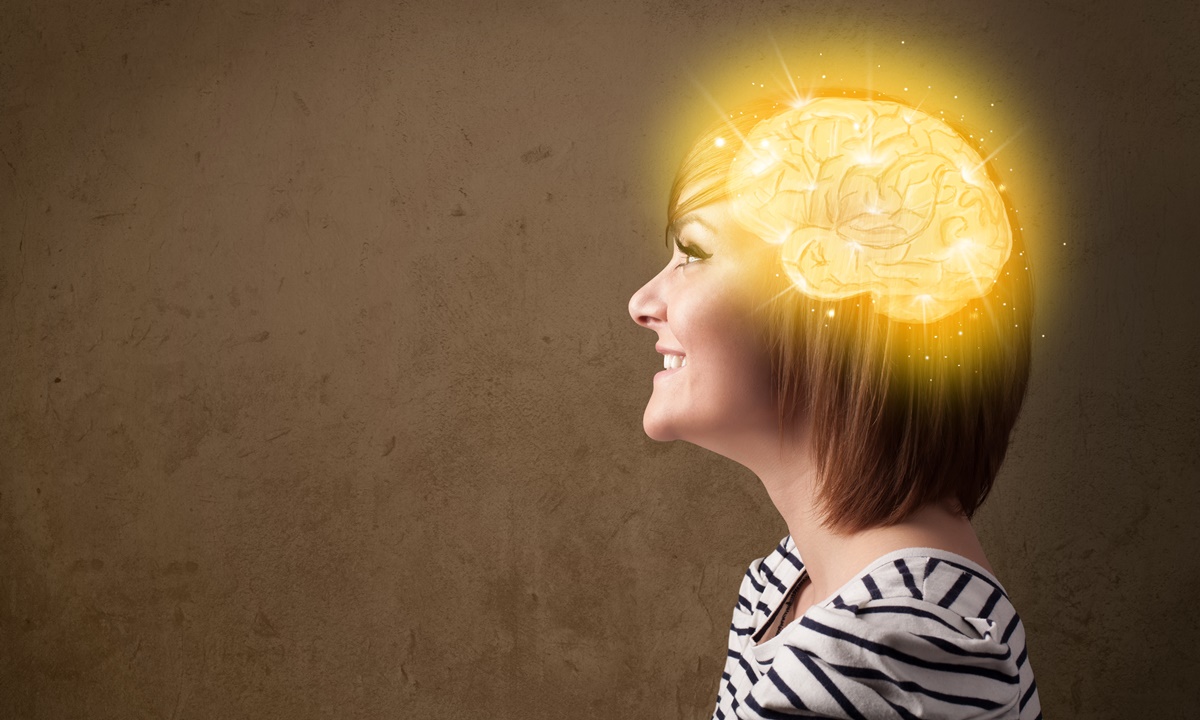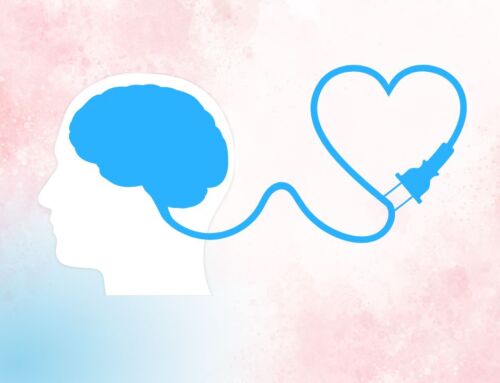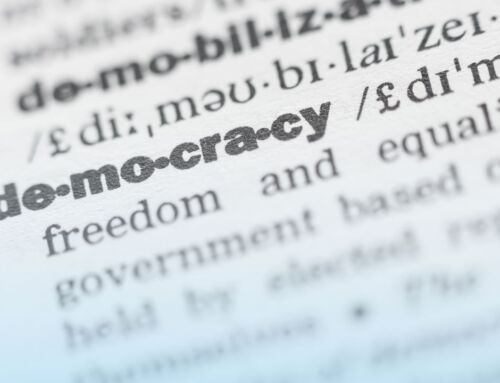Wouldn’t it be great to make this year the year that you don’t get so triggered by all the usual suspects? Wouldn’t it be nice to stay calm in traffic, get out the door in the morning without stress, and interact peacefully with the biggest button pushers in your world?
Mindfulness can and does have this effect.
Dan Siegel, M.D., author of many books on neuroscience and neurobiology, says it simply in his book Mindsight:
One of the key practical lessons of modern neuroscience is that the power to direct our attention has within it the power to shape our brain’s firing patterns, as well as the power to shape the architecture of the brain itself.”
A key element to achieving this new level of calm is practicing mindfulness around all the good things that happen in our lives. Our tendency, sadly, is to ruminate over the troubling times. If we train ourselves to linger longer in good memories and good experiences, however, we can actually change our brains.
I feel like one of the poster children for this practice.
When I first started, I would find myself looking at the sunset and saying to myself, “Breathe it in; really feel it; it’s gorgeous!” That was enough time for me to install that particular good experience into my brain. Rick Hanson, author of Hardwiring Happiness, Buddha’s Brain and other fabulous books explains that you need to let the positive mental state land in order to turn it into a neural trait.
My husband and I would sometimes walk our dogs at this terrific dog park in San Diego called Fiesta Island. The sun would be shining, the wind blowing lightly, the bay absolutely beautiful, and happy dogs roamed everywhere we looked. My husband would say something about it being terrific, and I would stop him and say, “Let it fill you up; really take in the good feeling. You are rewiring your brain!”
One of my students who is a grandmother loves it when her daughter calls and puts her baby on FaceTime to talk to grandma. She learned to pull up that memory into her consciousness to give herself that positive mental state.
This practice has made me more resilient. I know this to be true for myself because I can take an emotional hit and get up faster than I used to. The day-to-day disappointments and frustrations that we all experience used to really stick in my mind and surface into my consciousness over and over.
That no longer happens.
I can be frustrated or disappointed, and the event falls out of my head. I can call it up, of course. It’s not like I’ve forgotten what happened. It’s just that it isn’t haunting my thoughts. I’m not ruminating like I used to, and I’m not worrying as much about the future.
This year, turn your focus toward experiencing the fullness of every beautiful, joyful, silly, fun, or wonderful experience you have. Then, revel in the access you have to those positive emotions when you need them most.




















